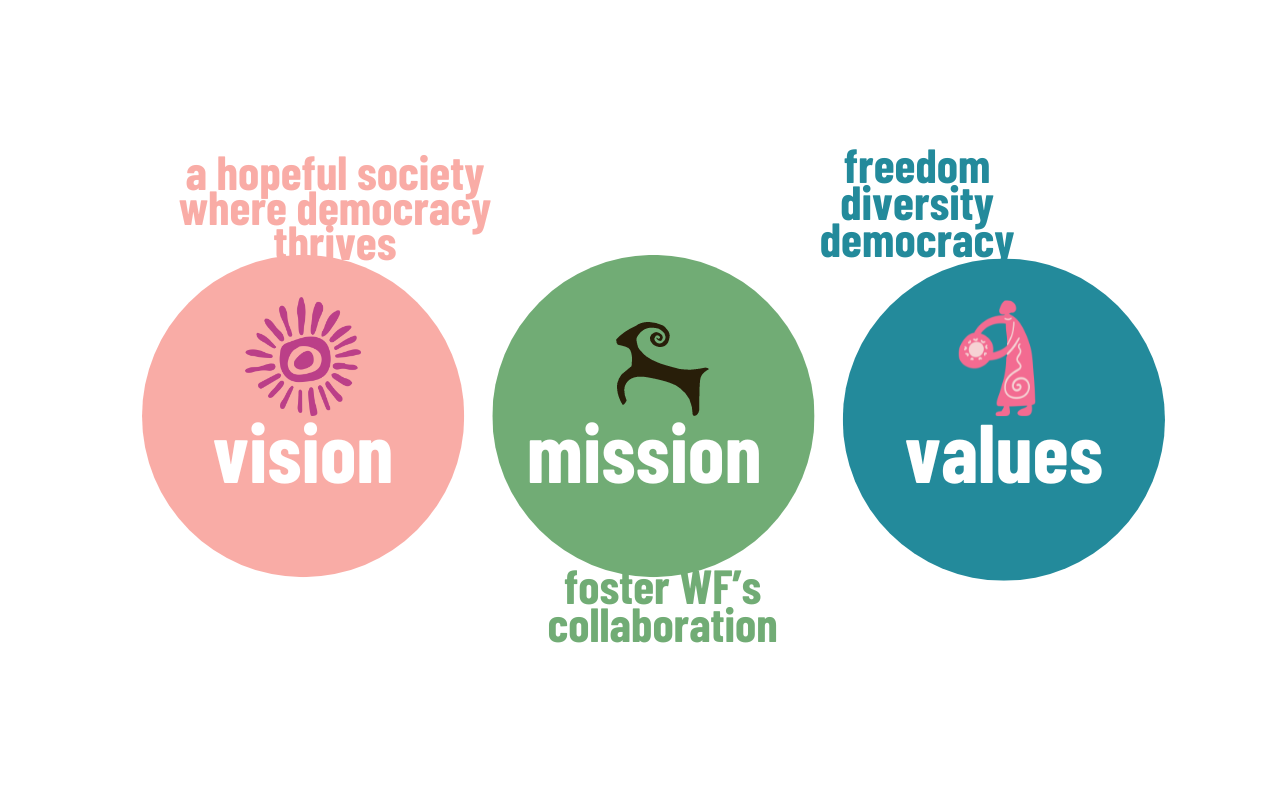As part of the international EDGE Funders conference, the initiative On The Right Track (OTRT) —an interregional alliance of women’s and feminist funds from Europe and Latin America— presented its political and strategic vision in response to the global surge of far-right and fundamentalist agendas. The panel, held on April 29 in Bogotá, brought together diverse voices that shared analyses, territorial experiences, and strategies for sustaining life, justice, and democracy from transfeminist standpoints.
Present in more than 30 countries, OTRT connects grassroots networks that confront structural violence in their own contexts. The session was moderated by Ana Werkstetter Caravaca, OTRT’s European Regional Coordinator, who encouraged participants to view OTRT not merely as a project, but as a “collective way to resist and build a future.”
The session opened with a short video contrasting the spread of reactionary narratives with powerful transfeminist alternatives emerging from the territories. Panelists —including Afrofeminist activist Jessica Murillo Montaño (Colombia), transloco artivist Silvestre Barragán (Colombia), Gohar Shahnazaryan, Co-Director of the Women’s Fund in Armenia, and Victoria Viñals, Chilean journalist and human rights defender— shared insights and experiences from their regions and roles, framing not only the challenges but also the achievements and potential generated by the transregional network they are part of.
Art, communication, political collective care, and the co-creation of thematic strategies are central tools in OTRT’s approach. The alliance operates through strategic working groups that focus on issues such as anti-racism, sexual and reproductive rights, political violence, and LGBTIQANB+ rights — all grounded in horizontal collaboration and mutual care.
One of the most striking moments came at the panel’s closing, where it was emphasized that this alliance is not about uniformity of thought, but rather the strength found in dissent: “What’s beautiful is that we don’t have to agree on everything. What matters is that there is a threat, and we are standing up to it, building collectively. From the grassroots, the streets, and the territories. With uncomfortable questions, with political affection, and with the deep desire for other worlds to be possible.”
The room was full. In the face of fear and human rights’ at stake, the need to build bold, inclusive, and solidary alliances grows. OTRT shows that another way of transforming reality —from the ground up, from the margins, with global reach— is not only possible, but urgent. .


